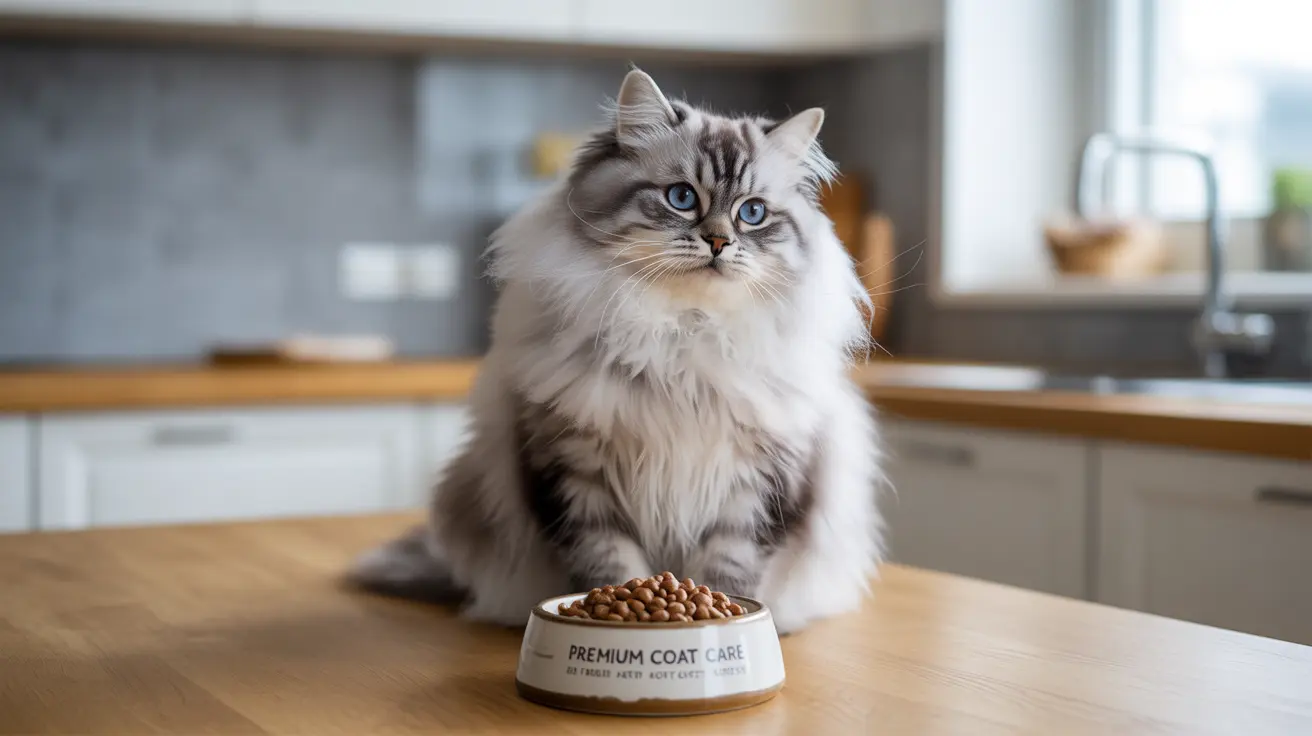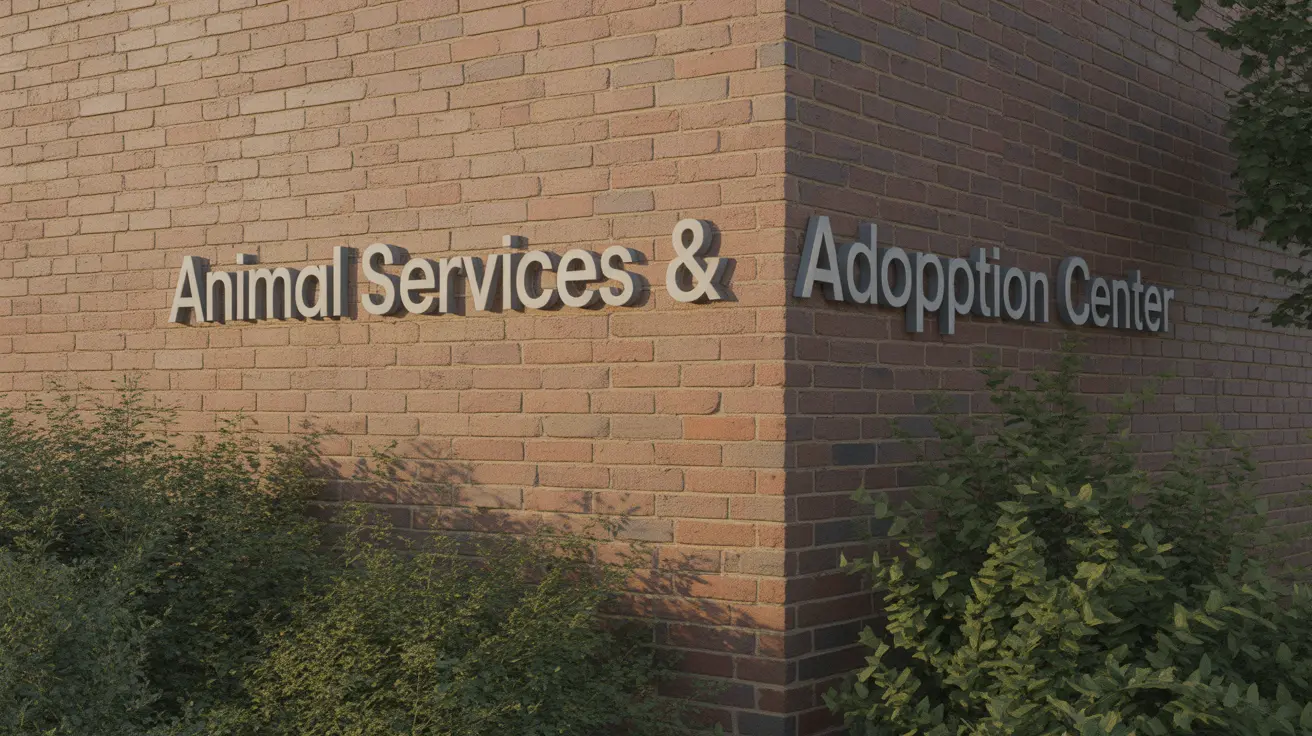Understanding Cat Hair Loss and Nutrition
Hair loss in cats can be a concerning issue for pet parents, often signaling underlying nutritional deficiencies or health problems. While some shedding is natural, excessive hair loss requires attention to your cat's diet and nutrition. The right cat food can make a significant difference in managing shedding and promoting healthy coat growth.
Quality nutrition plays a crucial role in maintaining healthy skin and fur. Cats require specific nutrients to support proper hair growth and prevent excessive shedding. Let's explore the essential components of an effective diet for cats experiencing hair loss and discover the best feeding strategies to promote a lustrous, healthy coat.
Essential Nutrients for Healthy Coat Maintenance
A balanced diet rich in specific nutrients is fundamental for preventing hair loss and supporting coat health. High-quality protein sources are particularly crucial, as hair is primarily composed of protein. Look for foods with premium animal proteins listed as the first ingredient.
Key Nutritional Components
Several vital nutrients work together to promote healthy coat growth:
- High-quality animal protein (minimum 30-35%)
- Omega-3 and omega-6 fatty acids
- Vitamin A, E, and B-complex
- Zinc and biotin
- Taurine
Selecting the Right Food Formula
When choosing cat food for hair loss issues, consider these important factors:
Wet Food Benefits
Moisture-rich wet food helps maintain proper hydration, which is essential for skin health and coat condition. Many cats experiencing hair loss benefit from a combination of wet and dry food to ensure optimal nutrition and hydration.
Grain-Free Options
Some cats with hair loss may have sensitivities to grains. Grain-free formulas can help reduce inflammation and allergic reactions that contribute to excessive shedding. However, consult your veterinarian before making this dietary change.
Supplemental Support for Coat Health
Additional nutritional support can enhance the effectiveness of your cat's main diet:
- Fish oil supplements (rich in omega-3s)
- Probiotics for digestive health
- Natural coat-supporting supplements (approved by your vet)
Feeding Tips and Transition Strategies
When introducing new food to address hair loss:
- Transition gradually over 7-10 days
- Monitor your cat's response to new foods
- Maintain consistent feeding schedules
- Ensure fresh water is always available
Frequently Asked Questions
What are the best cat foods to reduce excessive hair loss and shedding?
Look for foods with high-quality animal proteins, omega-3 and omega-6 fatty acids, and essential vitamins. Premium brands like Royal Canin Hair & Skin Care and Purina Pro Plan Focus Adult Sensitive Skin & Stomach are specifically formulated to address coat health.
Which nutrients in cat food help promote healthy coat regrowth and reduce hair loss?
Essential nutrients include high-quality proteins, omega fatty acids, biotin, zinc, vitamin E, and taurine. These components work together to support healthy skin and coat development.
How do omega-3 and omega-6 fatty acids in cat food improve my cat's coat health?
These fatty acids help maintain skin barrier function, reduce inflammation, and promote healthy hair follicle development. They also contribute to coat shine and help prevent dry, brittle fur.
Is a grain-free or limited ingredient diet better for cats with hair loss due to allergies?
For cats with diagnosed food sensitivities, limited ingredient or grain-free diets may help reduce allergic reactions that contribute to hair loss. However, this decision should be made in consultation with your veterinarian.
Can supplementing my cat's diet with fish oil or flaxseed oil help stop shedding?
Yes, supplementing with fish oil or flaxseed oil can help reduce shedding by providing additional omega-3 fatty acids. However, proper dosing is important, so consult your veterinarian before starting any supplement regimen.
Conclusion
Addressing cat hair loss through proper nutrition requires a thoughtful approach to diet selection and supplementation. By choosing high-quality foods rich in essential nutrients and maintaining consistent feeding practices, you can help your cat develop and maintain a healthy, beautiful coat. Remember to consult with your veterinarian before making significant changes to your cat's diet, especially if hair loss persists despite dietary improvements.






